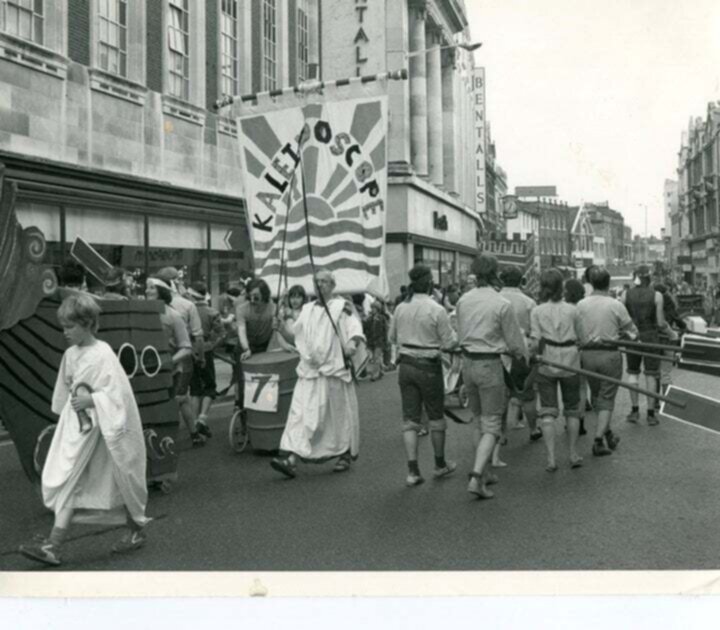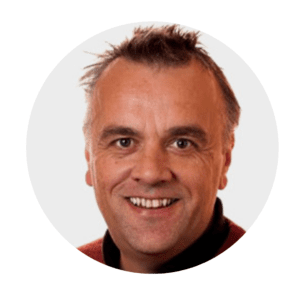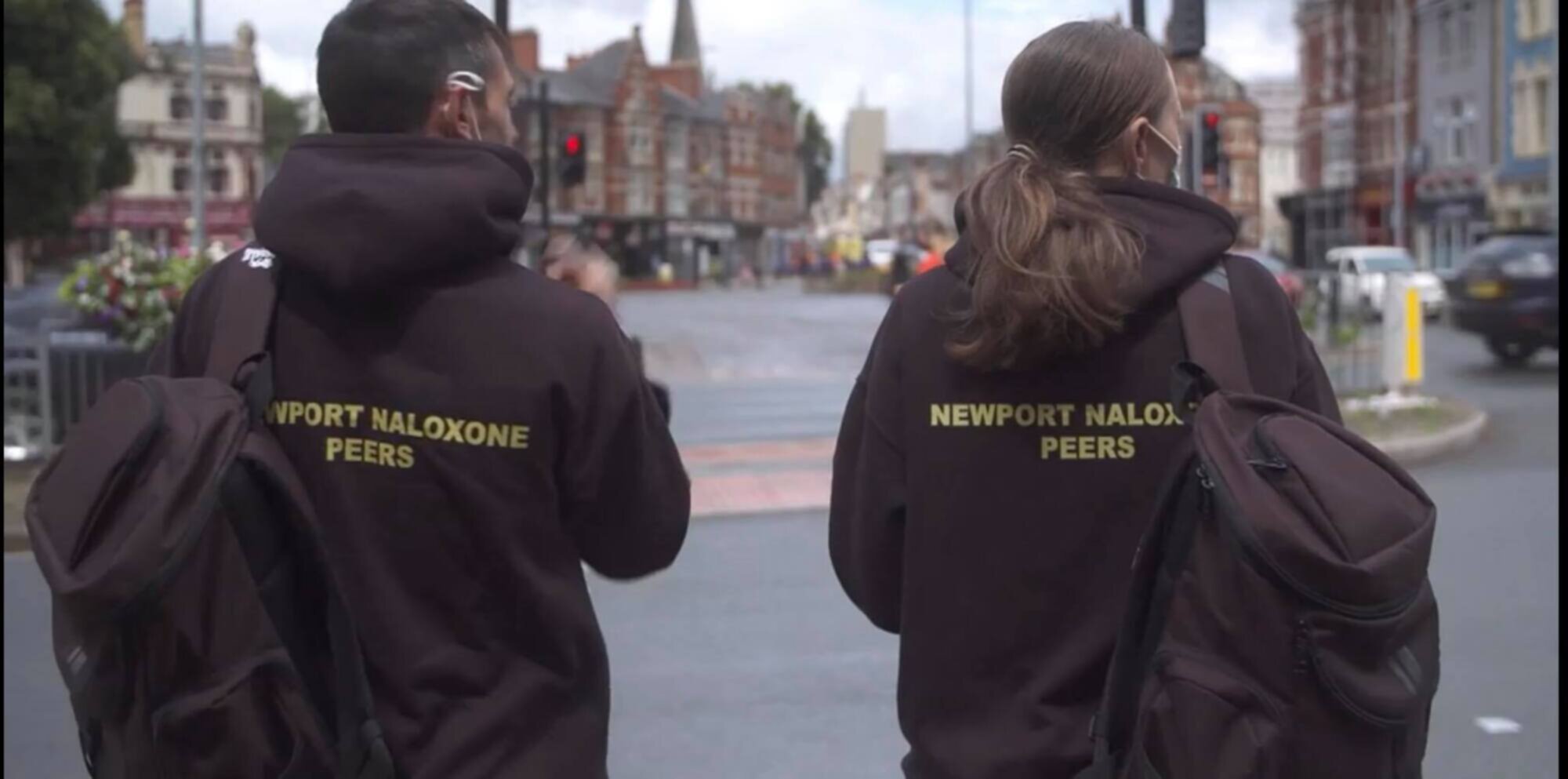
The Luckiest
16/07/2021
We live in deeply uncertain times. As the Black Lives Matter movement rails against racial injustice and the pandemic threatens to set women’s progress back decades, the lives of young people too have been turned upside down by unparalleled isolation and disruption. This collective pause has allowed many people to reflect on their place within society, and I am reminded daily how lucky I am.

I am a white, middle class, middle aged, (some would say elderly at 57) male, able to work from home in rural Monmouthshire. And while of course there are many things I miss, they are small frustrations rather than life changing doubts.
The Politics of Power
What is interesting me at present is how we look at history and our place within it. Black Lives Matter has rightly pressed us to re-examine our nation’s participation in slavery, and it would be deceptive to overlook Wales’ role in empire, or equate its historical plight to the experience of BAME people living in Wales. History is anything but simple, complicated by the nuance of human experience. And sure enough all lives cannot matter until black lives matter too, and attempts to use the movement’s momentum to redirect our attention to other oppressed groups or nations does Black Lives Matter a disservice. For most of us, despite any hardship we have faced or overcome, our skin colour has not played a role in that.
Indeed much of the population, to varying degrees, can point to a system that has oppressed them. If I take a brief look at my family history, my grandfather from my mother’s side was sent to fight in the First World War. He was underage yet the system allowed him to slip through the net. He entered a war against people he had no argument with, led by officers and generals whose authority was determined more by birth right than ability. Surviving the war he was one of the lucky ones, although upon his return to these shores he was imprisoned after successfully deserting. He went on to work as a saw doctor without any protection from the iron fillings. Like so many other victims of uncaring employers, it was his occupation, not war, which killed him.
Non-conformists and dissenters
My dad’s family came from Scotland, and travelled slowly south. They were a landless tribe likely similar to today’s travellers, and their literal salvation came through religion, converting to Plymouth Brethren. A persecuted group in the late 16th century, many non-conformists faced serious discrimination, being either imprisoned or forced to flee their habitations and means of livelihood. The powers in Europe executed many of the dissenters while others escaped to the United States to begin a new life.
Seen as a real threat to the status quo, they were passionate about education owing in part to their desire to read scripture. They threw out the idea of the church hierarchy and created unions of people at work and in the church. They became the bedrock of new socialist ideas celebrated by the historian Christopher Hill, whilst others led the industrial revolution. The Quakers were a particularly successful group at this time, seeing the economic potential of chocolate making and banking. Sadly as many dissenters became successful, power seduced them to behave like the landowners and royalty, in pursuit of personal gain rather than the prosperity of wider society.
Revolution and Re-imagining
I became a Baptist Minister because I am a proud dissenter and non-conformist, however I was too late. I felt the sad drift of the Baptists to individualism through personal salvation, and the forgetting of the churches responsibility to empower and change communities, as shown by Rev. Martin Luther King.
Kaleidoscope was born out of a dissenting, non-conformist tradition, of revolution and the re-imagining of systems to protect the disenfranchised. We feel a natural affinity with Black Lives Matter in our shared passion for social justice, but honour that we have much to learn if we are to become better allies.
As a charity we understand our role as a campaigning organisation as well as a service provider. Our aim is always to create positive change so that people can live with dignity, an experience that so many people with drug and alcohol issues are denied.

Martin Blakebrough
CEO at Kaleidoscope
Share


